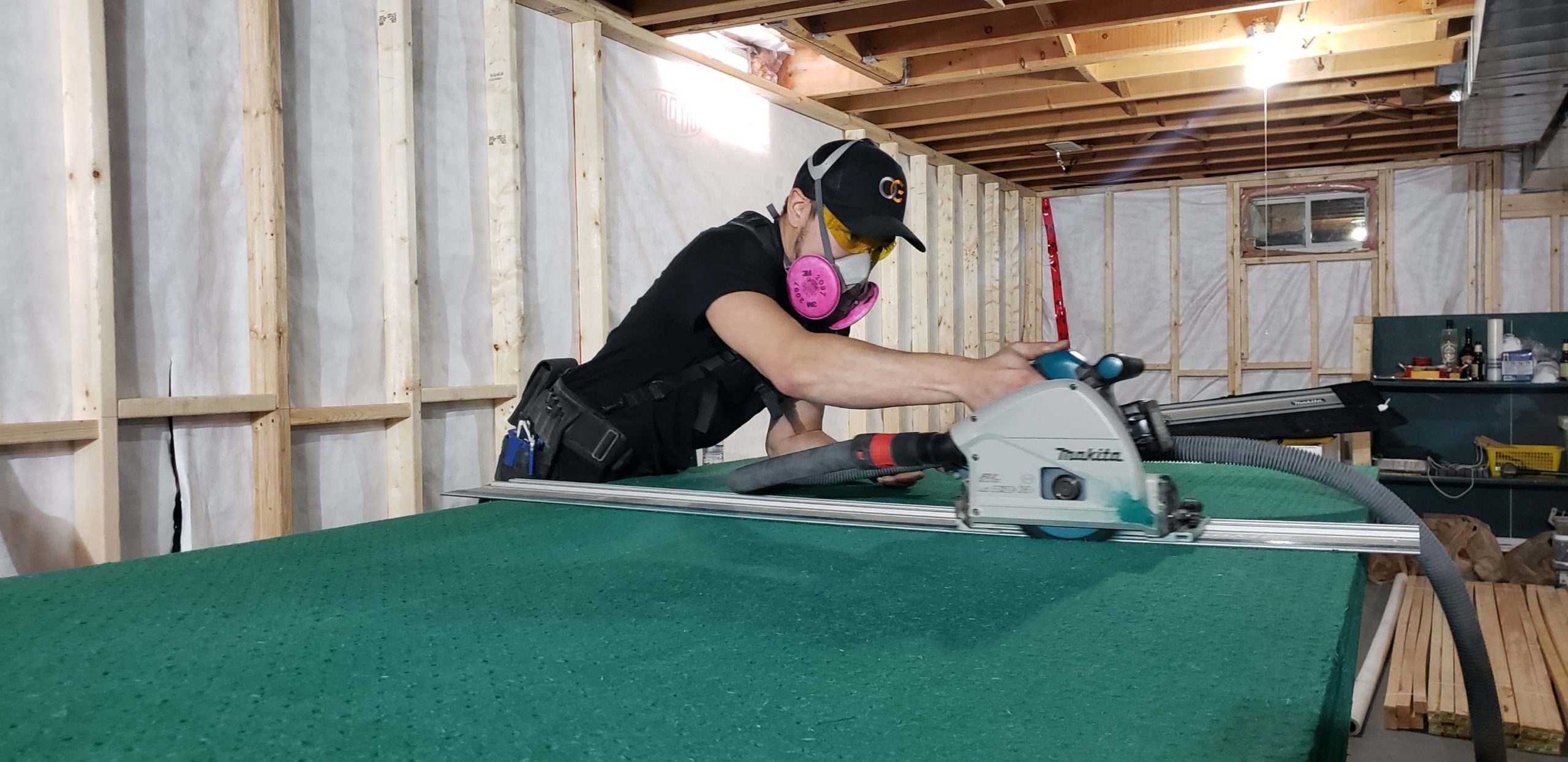(NC) Tax season is here, and many of us will be getting some money back. Perhaps one of the most important findings from new Financial Consumer Agency of Canada research is that by doing small things today, you can significantly improve your long-term financial situation, regardless of your income.
Here are three small steps you can take with your refund in 2021.
Pay off your debt
Use your tax refund to help pay off your debts. There are different strategies for paying down debt. The most common is to pay off debts with high interest rates first, in order to pay less interest in the long run and become debt free sooner. But you could also choose to pay off your smallest debt first to achieve a “quick win” that motivates you to keep going.
Create or add to your emergency fund
An emergency fund can help you prepare for future situations that are out of your control, like an unexpected job loss, healthcare costs or repairs to your car or appliances.
While reaching your emergency saving goals may seem overwhelming, start small. It’s a good idea to save gradually and supplement your emergency fund with extra money when you receive it. A tax refund is a great way to add to it.
Save for short-term or long-term goals
Whether you’re saving for a down payment on a house, adding to your retirement savings or planning for a dream vacation after the pandemic, it’s important to develop a savings plan to reach your objectives.
Identifying your goals and understanding how much money you need to achieve them can help you decide how to allocate extra money. Putting your tax refund towards them while continuing to make regular, smaller contributions, can help you reach your goals faster.
The Financial Consumer Agency of Canada provides unbiased and fact-based information you can count on. You can learn more about making a plan to be debt-free, creating an emergency fund or setting savings goals at canada.ca/money.

















